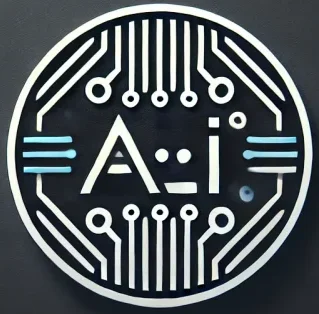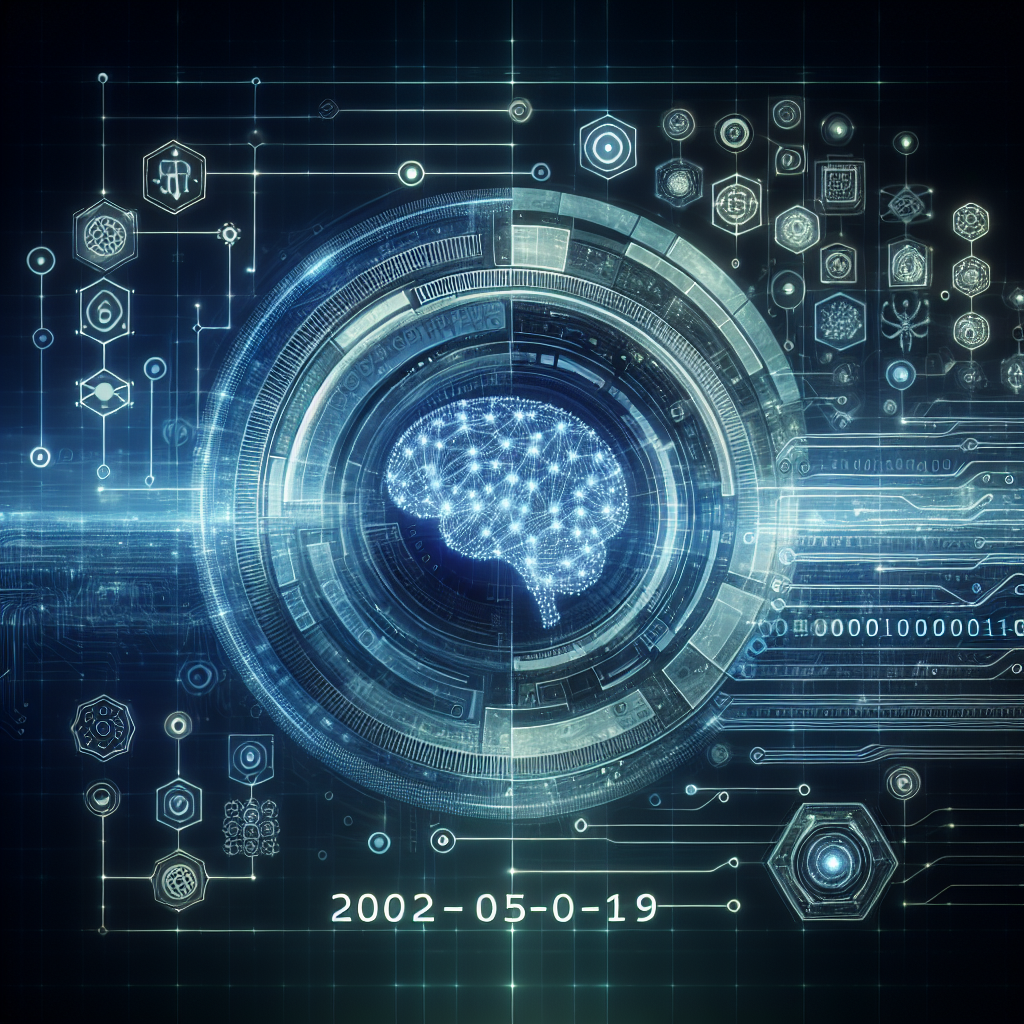# Embracing the Future: The Rise of AI-Driven Predictive Healthcare
In the fast-paced world of technology, where innovation is the norm, a revolution is quietly taking the healthcare sector by storm. Artificial Intelligence (AI), once a figment of science fiction, is now a dynamic force reshaping how medical care is delivered, experienced, and enhanced across the globe. The emerging trend of AI-driven predictive healthcare is not just transforming the industry; it is setting the stage for a seismic shift in how we predict, prevent, and treat diseases, promising a healthier future for everyone.
### AI Predictive Healthcare: What’s the Big Deal?
Predictive healthcare harnesses the power of AI to forecast medical outcomes, allowing healthcare providers to intervene proactively and tailor treatments to individual patients’ needs. The implications are profound, offering a glimpse into a future where healthcare is not only reactive but also predictive and personalized.
**Real-World Examples of AI in Action**
– **Predicting Patient Deterioration:** Institutions like Johns Hopkins Hospital utilize AI algorithms to monitor patients in real time, predicting which patients might suffer complications or deteriorate. This allows for interventions before conditions worsen, potentially saving lives.
– **Personalized Medicine:** AI helps in analyzing data from various sources including genetic information to predict individual responses to different treatments. This approach was notably used in oncology, where AI-driven tools analyze tumor data to tailor personalized treatment plans.
– **Early Detection of Diseases:** Companies like Zebra Medical Vision leverage AI to read medical imaging, such as X-rays and CT scans, more accurately than ever before, enabling the early detection of diseases like cancer, which significantly increases the chances of successful treatment.
### Key Benefits of AI-Driven Predictive Healthcare
– **Enhanced Patient Outcomes:** By predicting acute medical episodes and disease progression, AI enables earlier interventions that can lead to better health outcomes.
– **Cost Reduction:** AI-driven tools reduce costs by decreasing unnecessary procedures and hospital readmissions through effective disease management and prevention strategies.
– **Efficiency and Speed:** AI algorithms can process and analyze large volumes of data at speeds unmatchable by humans, providing critical insights faster and more accurately.
### Challenges and Considerations
Despite its potential, the integration of AI into healthcare does face challenges:
– **Data Privacy:** Handling sensitive patient data requires stringent data protection measures and raises ethical concerns.
– **Bias and Fairness:** AI systems are only as good as the data they are trained on. Biased data can lead to biased AI decisions, potentially impacting patient care.
– **Integration into Clinical Workflows:** There is a need for seamless integration of AI tools into existing healthcare systems without disrupting workflow or requiring extensive training for healthcare providers.
### The Future of AI in Healthcare
The trajectory for AI in healthcare points towards more integrated, predictive, and personalized care. Future advancements may include:
– **Advanced Predictive Analytics:** AI might soon predict patient health risks with near-perfect accuracy before any symptoms appear, using deeper, more comprehensive data analysis.
– **Expansion into New Areas:** AI could extend into areas like mental health, predicting potential crises and suggesting interventions based on patterns in speech or behavior.
– **Improved Access and Equity:** As AI tools become more widespread, they could help bridge healthcare gaps in underserved or developing regions, providing high-quality care regardless of geographical location.
### Conclusion and Call to Action
As we stand on the brink of a healthcare revolution, the potential of AI-driven predictive healthcare is undeniable. It promises not just to change how we treat disease but to transform how we anticipate and prevent it. For healthcare practitioners, staying abreast of these changes isn’t just beneficial; it’s imperative to continue providing the best care possible.
**Are you ready to be part of this healthcare transformation?** Embrace AI in your practice, invest in AI education, and prepare for a future where healthcare is predictive, personalized, and profoundly effective. The future is not just coming; it’s here, and it’s powered by AI.

